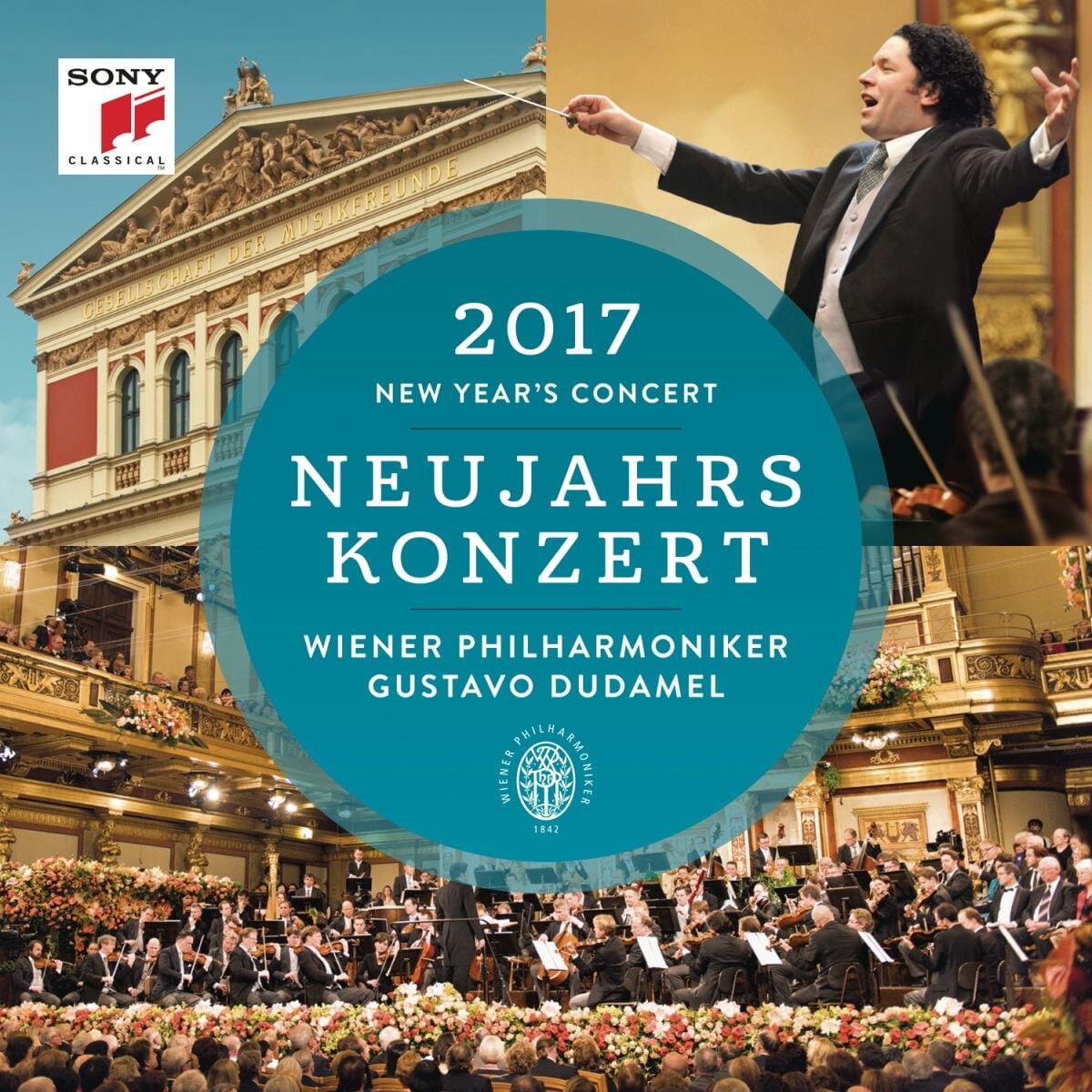Wow! New York City. Just like I pictured it. With skyscrapers and everythang! With apologies to Stevie Wonder, I could well imagine a person’s initial impression of the Big Apple. Bewilderment and confusion, maybe? For me, there is an excitement that touches just about everything in the city, especially its rich cultural heritage. It’s the only place on earth I feel completely energized while giving me the feeling that I am truly at the center of the world. My many trips to Manhattan have been primarily for music business, so it was with the greatest of pleasure that Andrew Chasin and I found ourselves in NYC for the purely selfish act of promoting Audiophilia Online Magazine and checking out the local scene for “The Trenches” series.
Hi.
Welcome to Audiophilia. We publish honest and accurate reviews of high end audio equipment and music.




![Schubert Piano Trios Op. 99 & 100; Andreas Staier, Fortepiano; Daniel Sepec, Violin; Roel Dieltiens, Cello; harmonia mundi; [2CD]](https://images.squarespace-cdn.com/content/v1/55787f0ae4b02f0501debbeb/1618148824494-9YREAIDIGUHUXIO2HWG0/schubert.jpg)





![Berlioz—Symphonie Fantastique; Speakers Corner [LP]; Paris Conservatoire Orchestra; Argenta](https://images.squarespace-cdn.com/content/v1/55787f0ae4b02f0501debbeb/1618154080068-CT2WGONPLVPFR99G6AUM/argenta.jpg)


![Mozart - Symphony 40 & 41; Speakers Corner [LP]; New Philharmonia Orchestra; Guilini](https://images.squarespace-cdn.com/content/v1/55787f0ae4b02f0501debbeb/1618154402176-WK8JDA3PL7ARR9D2WAW7/guilini.jpg)

![Smack Up; Art Pepper Quintet [LP]; Fantasy 180 Gram Audiophile Virgin Vinyl](https://images.squarespace-cdn.com/content/v1/55787f0ae4b02f0501debbeb/1618154570536-SK5XSY3AW41MOATXL4RK/artpepper.jpg)



![Chet Baker & Strings [LP]; Pure Pleasure 180 Gram Audiophile Virgin Vinyl](https://images.squarespace-cdn.com/content/v1/55787f0ae4b02f0501debbeb/1618163563460-FICYN73OPPK8CPOM59YQ/chet.jpg)
